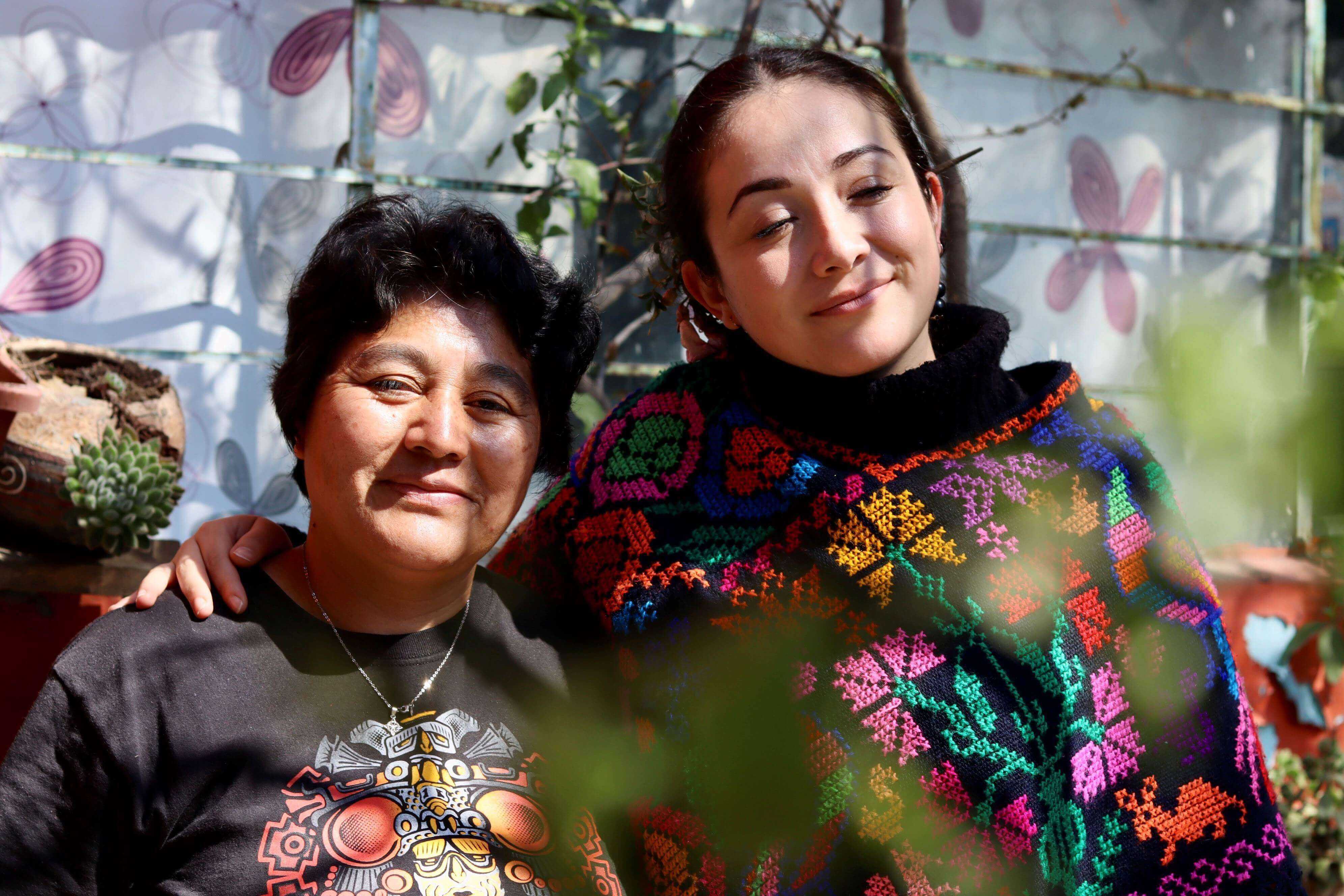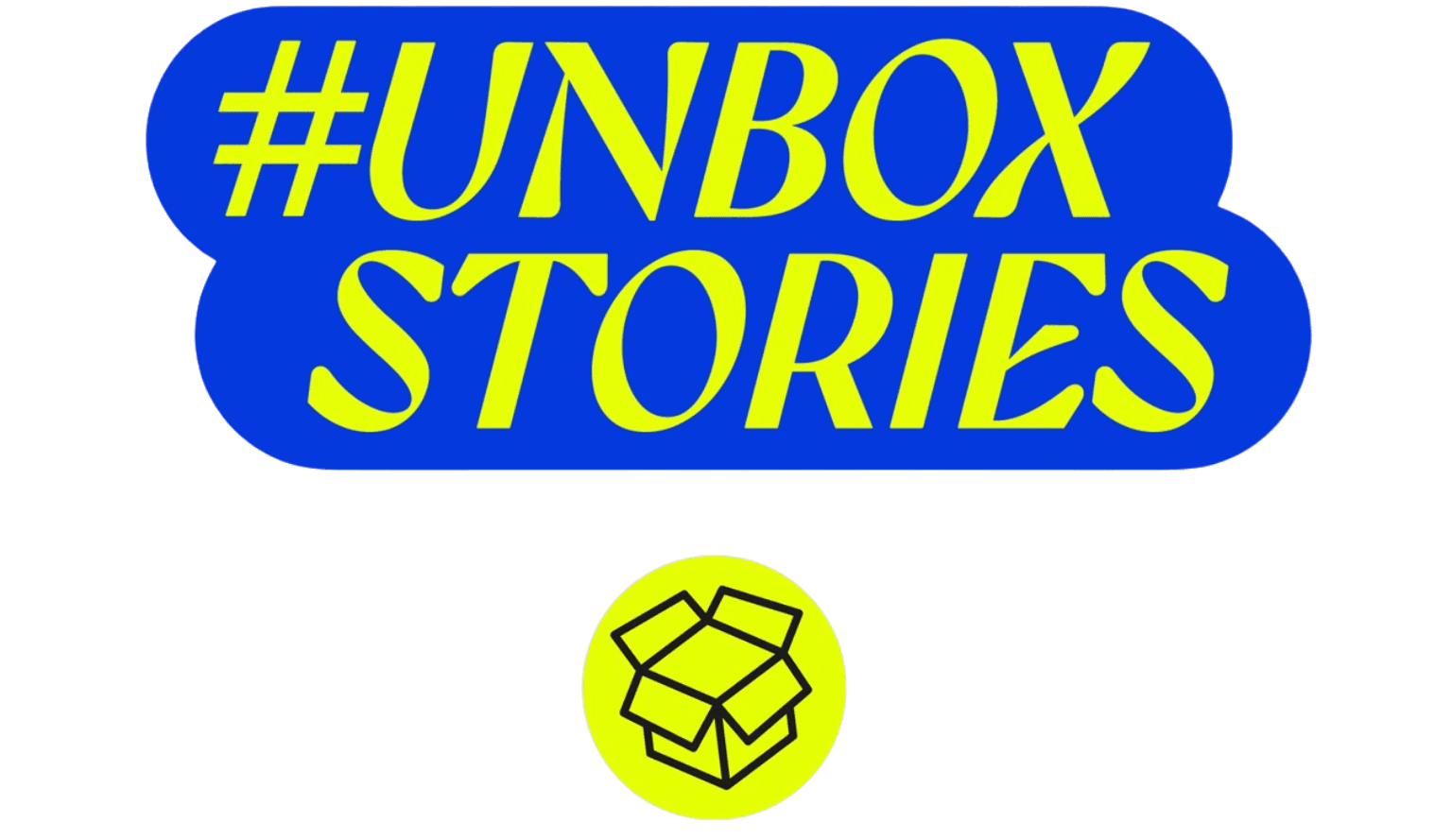
The Narrative Change Academy - new campaign launched
What will narratives of post-migrant Muslim life in Europe look like if we choose new ways of thinking and stop (re)producing stereotypes? The participatory social media campaign #UnboxStories provides opportunities to answer that question.
April 26, 2024
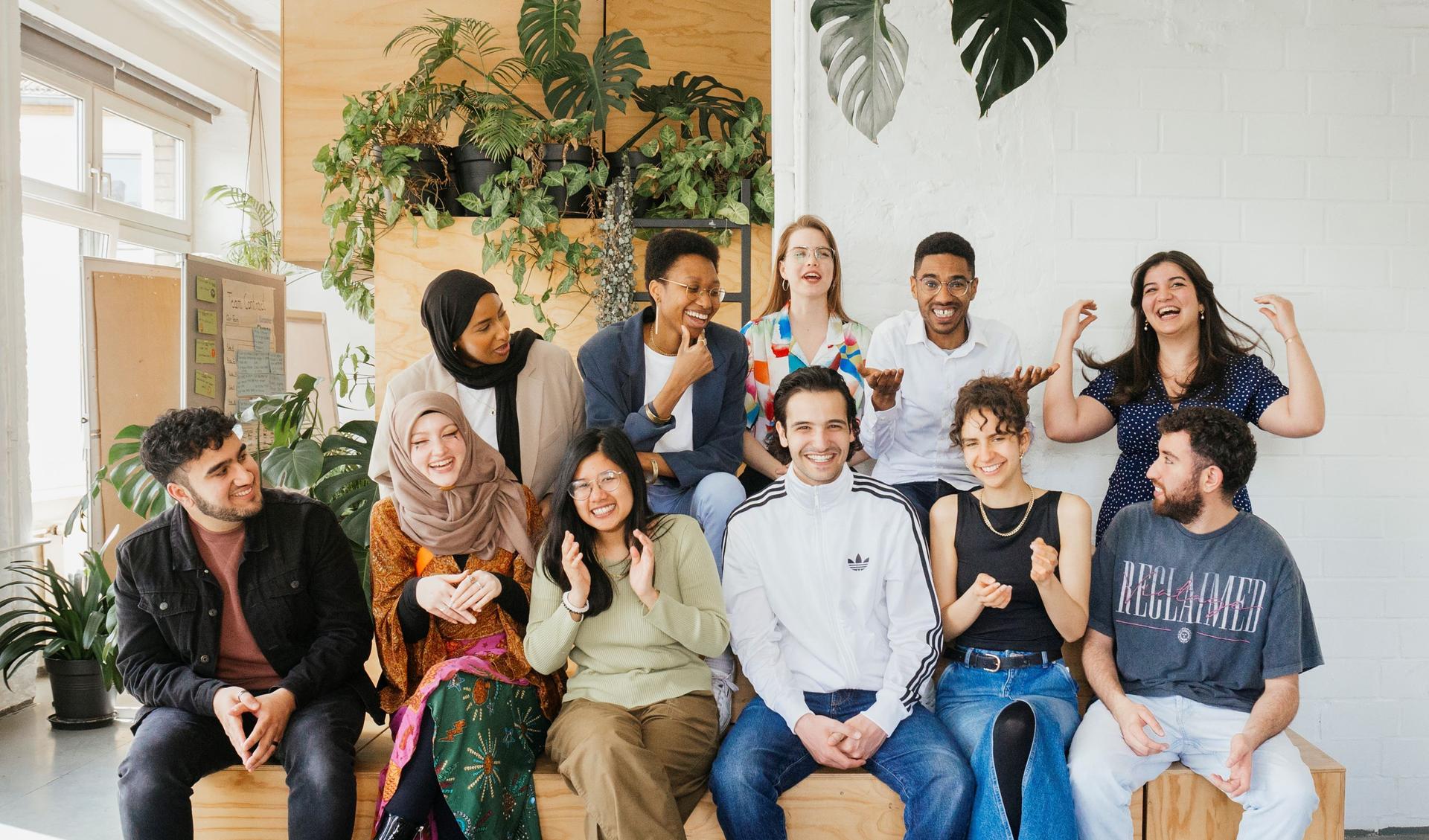
Narrative Change Academy Fellows © Schore Mehrdju

Step behind the scenes.
The Narrative Change Academy offers a space for young Europeans to envision, create, and tell post-migrant stories depicting the variety and complexity of Muslim life throughout Europe. In this context twelve young people from different backgrounds and experiences, between the ages of 18 and 27 from France, the United Kingdom, and Germany, developed a digital campaign to broaden the presence of nuanced inclusive narratives, shaping a post-migrant European society. #UnboxStories launched on Instagram on January 31st, 2024, where participants are using both moving and static imagery to share objects reflecting their personal experiences and stories. This project by the Young Islam Conference (JIK) fosters discussions on solidarity and community, emphasizing the need for openness in authentic dialogue and democratic coexistence. Delve into the behind-the-scenes journey of how the project unfolded!
One click for data privacy
Only when you click the button the video be loaded from Youtube. Only your IP address will be transmitted to external Youtube servers. You can find out more about the data protection of this provider on the Youtube website.
Narrative Change Academy 2023/2024
Dreaming, as a path towards progress
and liberation
Prior to the campaign launch Narrative Change Academy participant Aminata Bouaré has written a riveting text for the #NarrativeChangeAcademyJournal on utopias and the power of dreaming, on Nahel Merzouk, Omar Sy and on how we have to go beyond discussing whether or not racism exists in our societies.
“Would you sell your soul for the world of your dreams? Could you even imagine what this world or this life could look like?”
Or do you already see your shortcomings, apprehend the fallout? What if you did dare to fantasize? What if reverie, humility and pragmatism were not contradictory? Does it still feel overwhelming, confusing, perhaps dangerous? After all, the Devil is known for their mastery of trickery. What if someone showed you the way? Would you take this leap of faith to think and craft your very own happy ending?
These reflections and interrogations have arisen in my mind since the second workshop of the Narrative Change Academy, that happened in Berlin at the end of June. If you’re intrigued, troubled, dubious, or even worried, I can definitely relate. I’ve had all sorts of thoughts and feelings, and yes, thinking about the future is scary. Dreaming? Even scarier. Yet, as social fractures grow, we cannot stay idle. We are in this together, and we need a better tomorrow. So, how to move forward?
Dreamers: naïve or radical?
I like to call myself a dreamer. Why? Well, our reality used to seem very dull to me. No superpowers, no time travel, no aliens. Jokes aside, I’ve always felt that I had to accept this world, even though reluctantly. In my youth, I could hear commonplaces like “this is how things work” or “this is the only way”. In our rigid system of beliefs, utopias are underrated. They’re often portrayed as dystopias in disguise, only leaving us distraught and disheartened, with an urge to stop yearning for more. Hence, better stick to the current system since this is the best we’ve got. Consequently, dreamers are often depicted in a poor light. At best, they could be thought naïve and disconnected from reality. A tad passionate? Portray them as cult leaders or tyrants in the making to definitely discredit them. Regardless, what if we let go of fear-based prejudices and gave it an actual shot, and try to imagine how things could be like?
“In our rigid system of beliefs, utopias are underrated”
That was the aim of our second in-person workshop: identifying our values and priorities, thinking about the narratives we wished to leave behind, detaching ourselves from those towards a Dream of Togetherness, Inclusion, Fairness, and Freedom for our society.
Days later, the case of Nahel, a French teenager of Arab descent, reminds us why articulating the changes and the world we long for matters now more than ever.
The story of Nahel Merzouk: how we never talk about the real issue
Nahel, 17, was an only child raised by his mother in Nanterre, a working-class suburb in the Greater Paris area. He was known to love mechanics, cars, and motorbikes. He played in a local rugby team and studied to become an electrician. 27 June 2023, early in the morning, Nahel embraces his mum, tells her he loves her, before setting off for school. Around 8:30 am, Nahel ends up fatally shot by the police, as he attempted to drive away during a traffic stop.
After Michel Zecler, Adama Traoré, Theo Luhaka, Zyed Benna, Bouna Traoré, Malik Oussekine, a new name is added to the long list of police violence victims in France. This time, the perpetrator is charged with voluntary manslaughter and remanded in custody.
The brutal killing has ignited weeks of protests throughout the country. In the streets, thousands of demonstrators grieve the boy and demand justice. Abroad, international newspapers wonder what the issue is with France and its numerous racist police incidents. Even the Office of UN High Commissioner for Human Rights states that it is the “moment for [France] to seriously address the deep issues of racism and discrimination in law enforcement”.
CONTINUE READING…
The text was originally published on the Narrative Change Academy Website in August 2023.
Aminata Bouaré
Aminata (27), FR, is an Narrative Change Academy participant and advocate for climate justice and social equity. Whether it’s circular construction or vegan cuisine, she’s always after the next life hack for people and the planet. In Berlin or Paris, you’ll find her browsing books and feminist games.
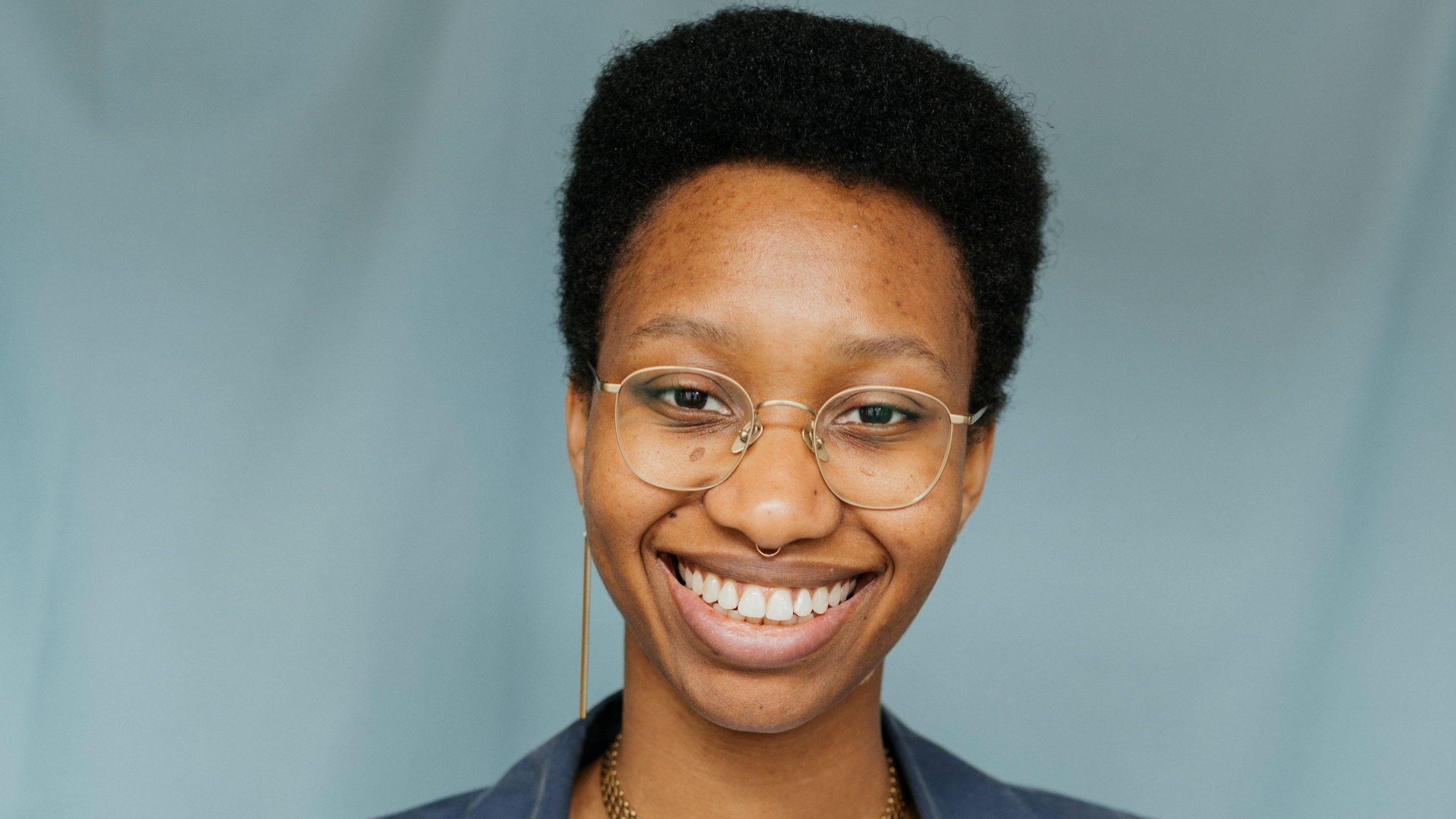
Aminata Bouaré © Schore Mehrdju
(Last edit: 22nd March 2024)
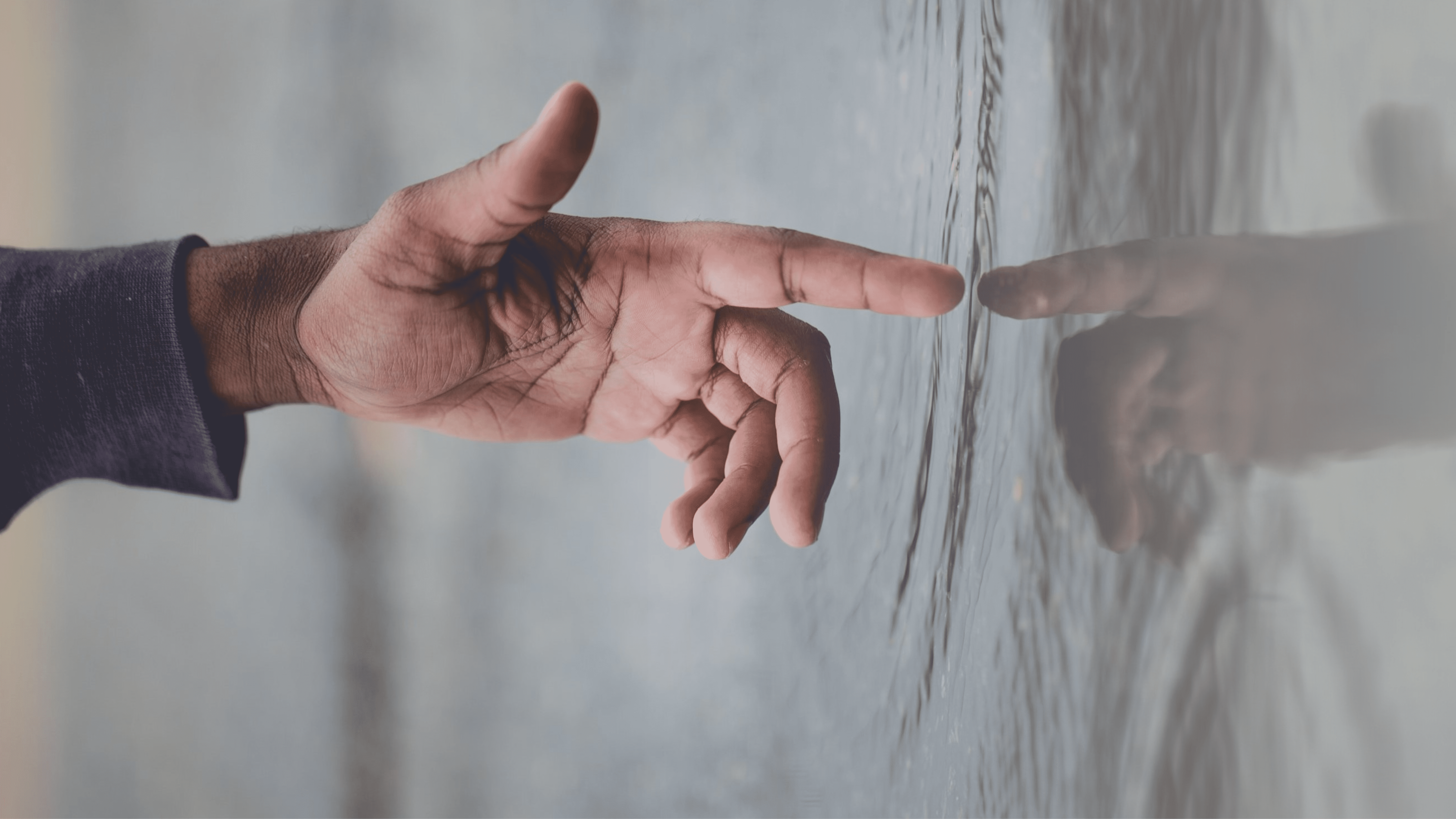
Talents for Tomorrow: Diversifying Foundations for Europe
The Allianz Foundation in Berlin and the European Cultural Foundation in Amsterdam are collaborating on a new Traineeship program focused on promoting and diversifying philanthropy with a European purpose. Throughout the 8-month pilot program, the Trainees will gain hands-on experience in one of the two Foundations.
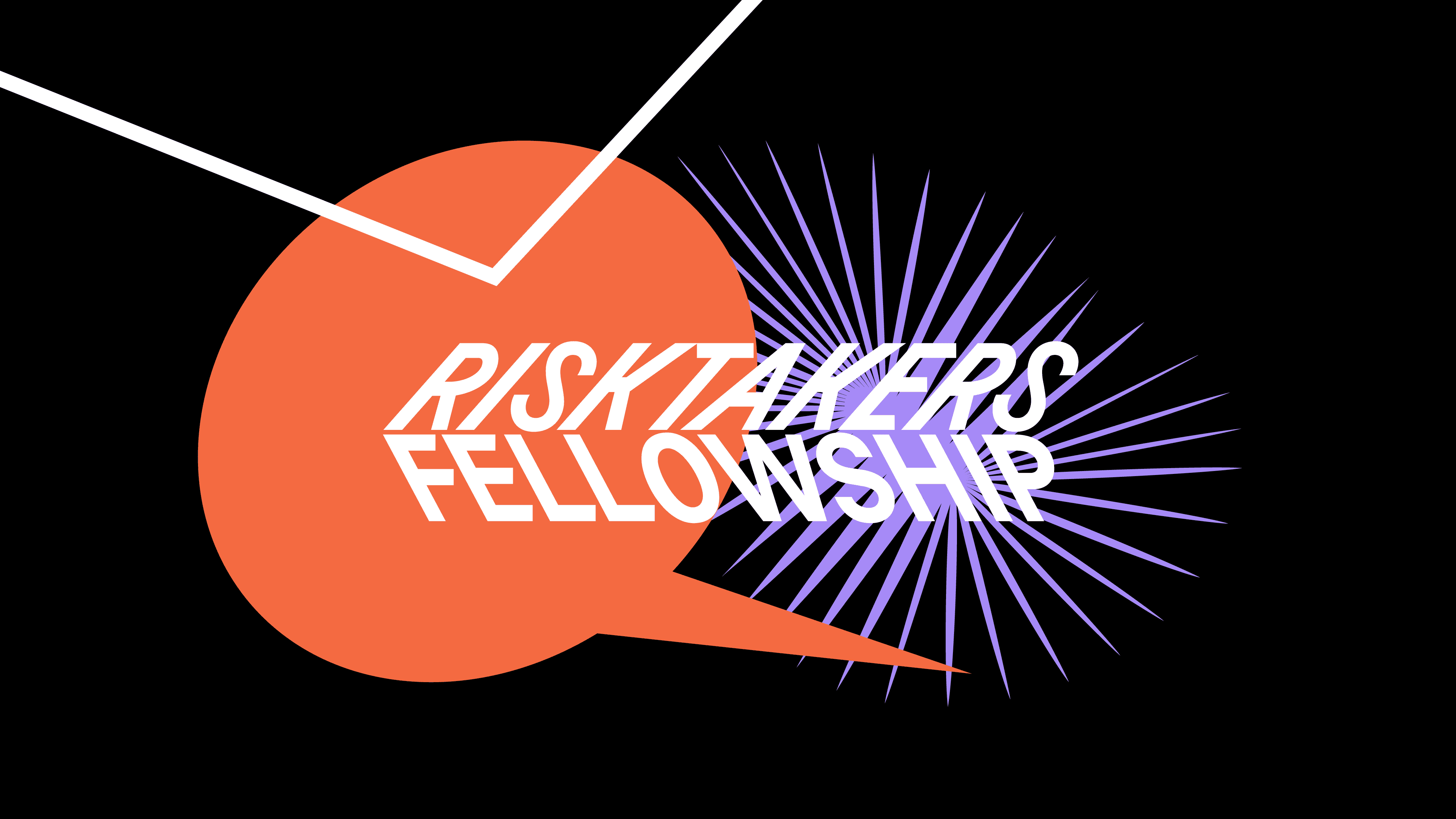
Risktakers Fellowship Call
+APPLICATION DEADLINE EXPIRED+ The fellowship aims to create spaces of hope and resilience while facing the complex crises of our time. It supports individuals who meet these crises by developing ideas for desirable futures – in the digital space and beyond. This Fellowship is a collaboration with SUPERRR LAB.
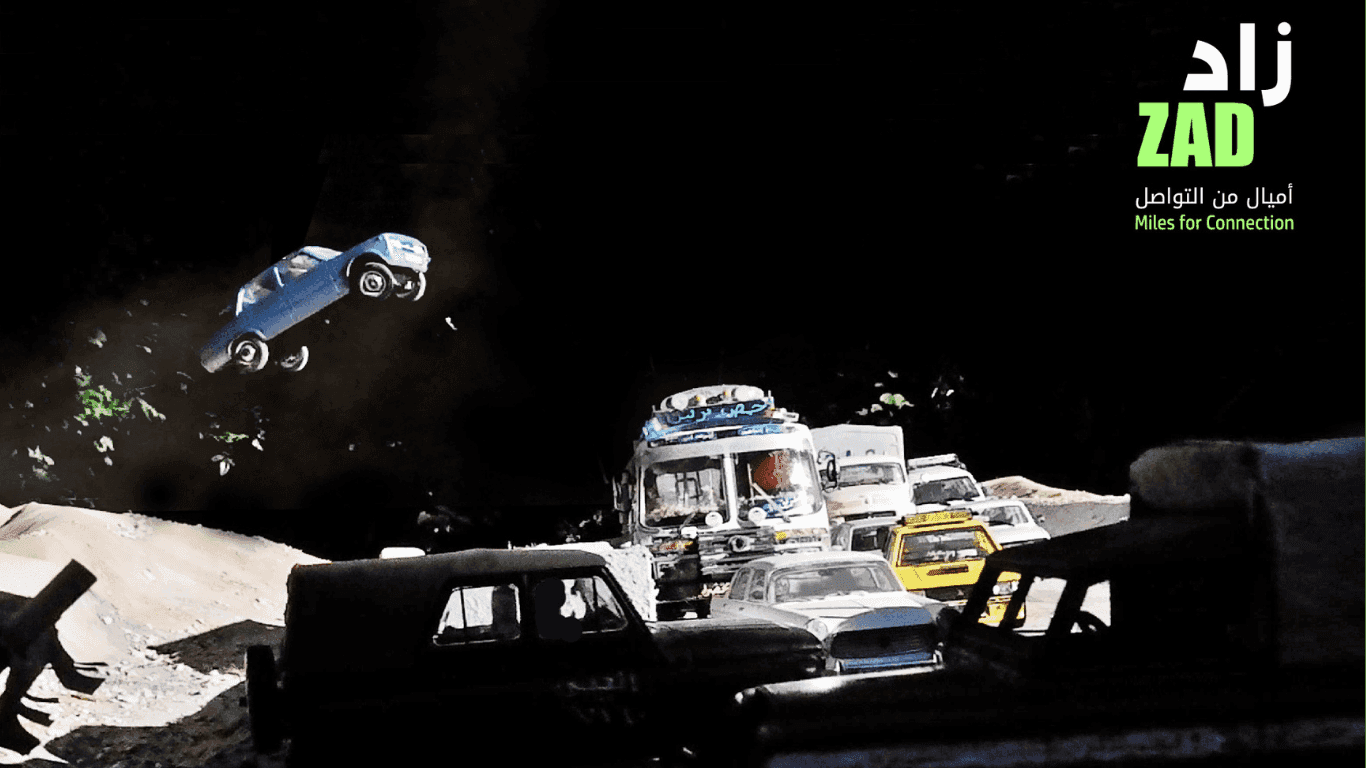
Zad: Miles for Connection
The right to freedom of movement is essential for a generation of artists who had to relocate to Europe. Zad promotes the mobility of artists, individuals, and groups by offering financial support to showcase their work in new venues. This assistance can cover travel costs within their current country or across Europe. The program is open for applications year-round.

Climate Cultures Call: Our Grantees
From eco-playwriting programs for Algerian students to building a climate justice network in Europe - Get to know our ten Climate Cultures grantees!
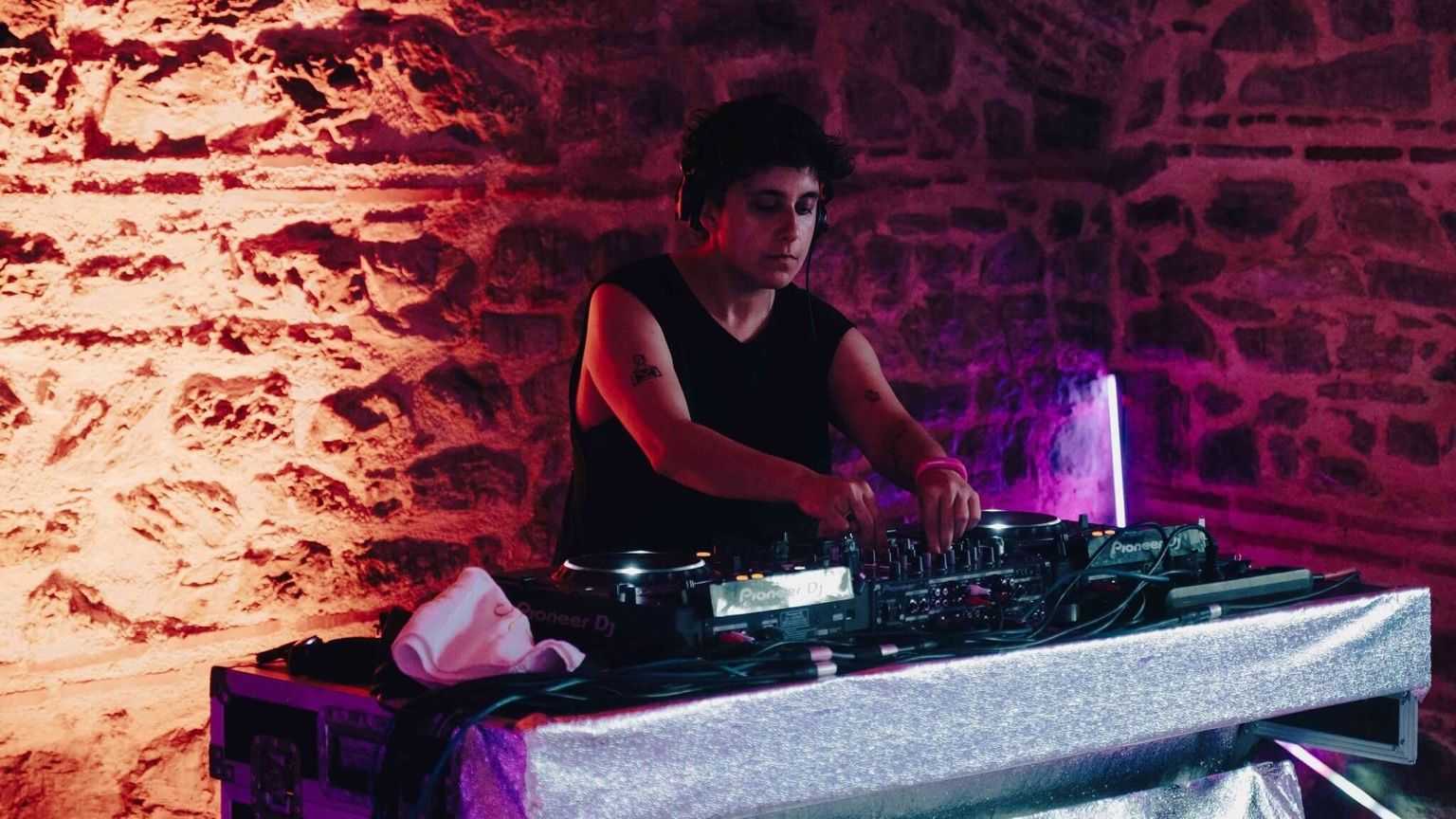
Tandem-residencies in Tarabya: nightlife as resistance
How does nightlife in Istanbul becomes an expression of identity and solidarity? In an interview, Yelta Köm and Ulya Soley reflect on their time as Tarabya fellows: from artistic research and publications to the “Sound Kitchen”. Find out what they experienced and how to apply for the fellowship.
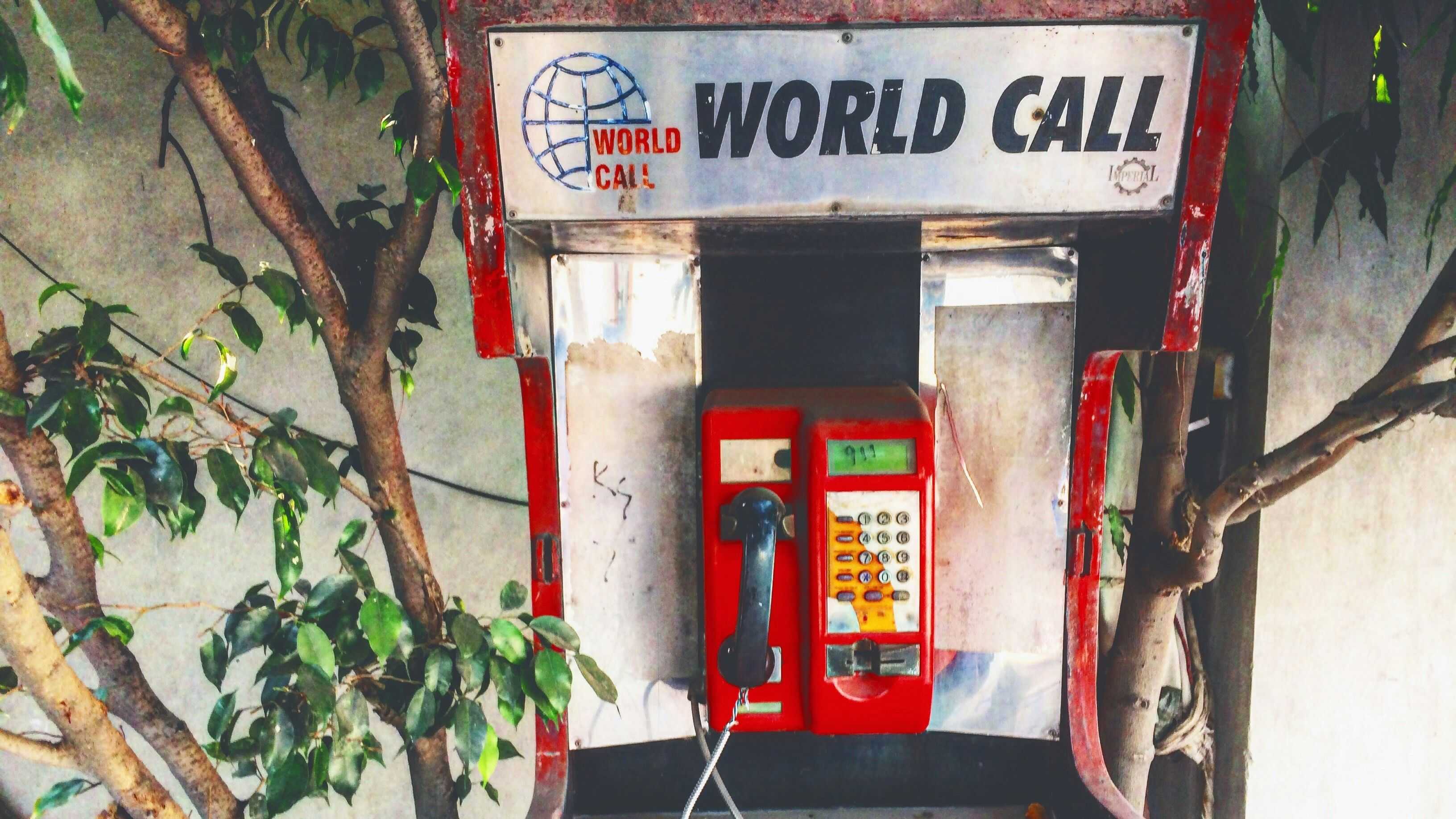
Allianz Foundation Grants Program 2025
+APPLICATION DEADLINE EXPIRED+ Allianz Foundation's 2025 funding program is now open for applications. We support initiatives with civil society, ecological, cultural and artistic backgrounds. We place a special emphasis on projects working at the intersection of these areas and pursuing systematic change.
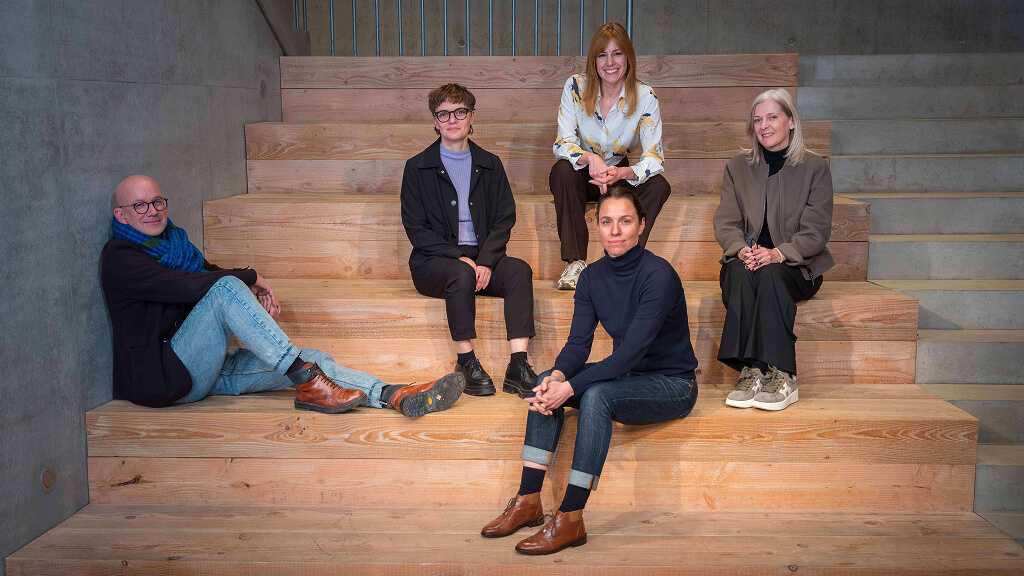
Media Forward Fund: supporting public interest journalism
Democracies require independent, long-term, and sustainably financed journalism, which is crucial for publishing trustworthy content. The Media Forward Fund was launched with this objective in July 2024. The first funding partners have now been announced.
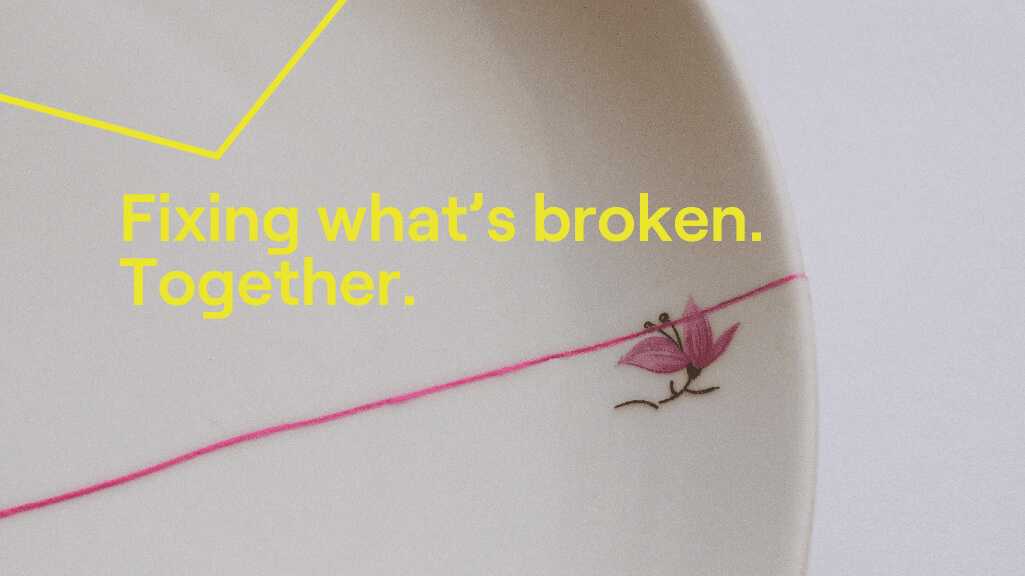
Fixing what’s broken: Our funding projects 2024
Twelve new projects in this year’s funding program – 'Fixing what's broken. Together!' – started in September. This season we are specifically supporting cooperation projects that address social divisions and ecological crises. Their work stands for solidarity, community spirit, and respect. Get to know the funded projects here.
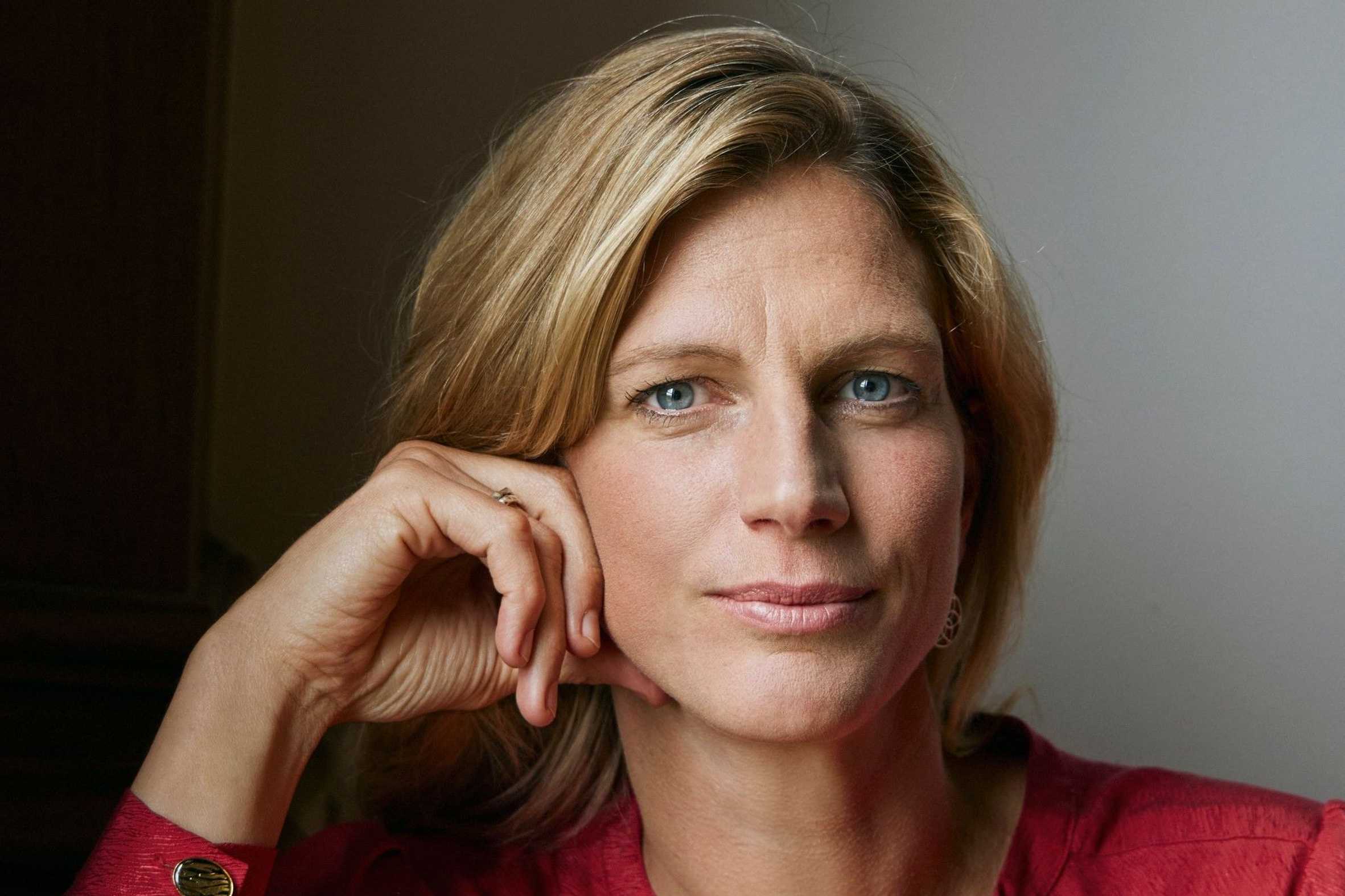
Our new fellow Maja Göpel: more courage for a future-oriented transformation

Our new fellow Idil Baydar: shatter the integration nightmare
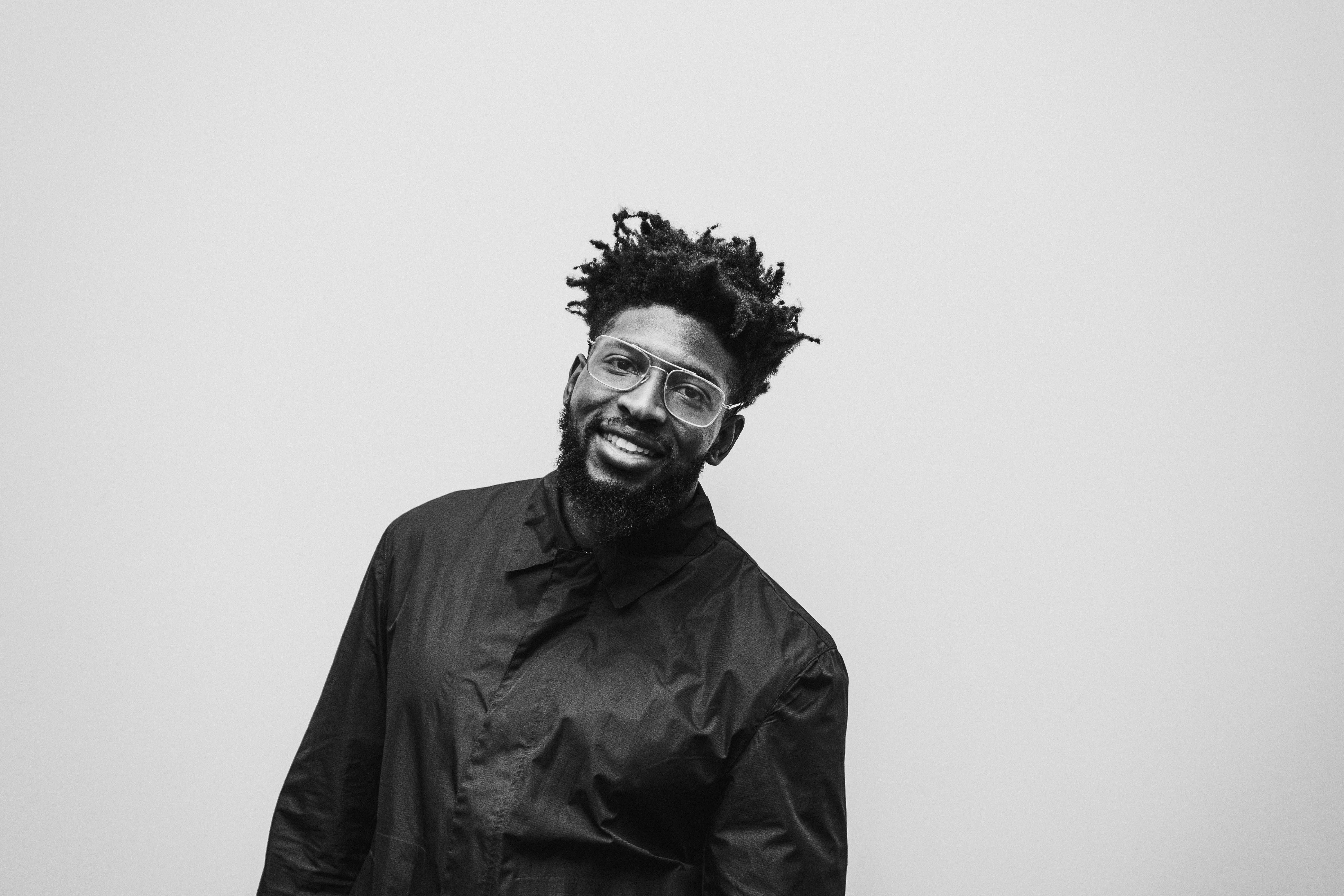
Our new fellow Makan Fofana: the mastermind of Turfurism
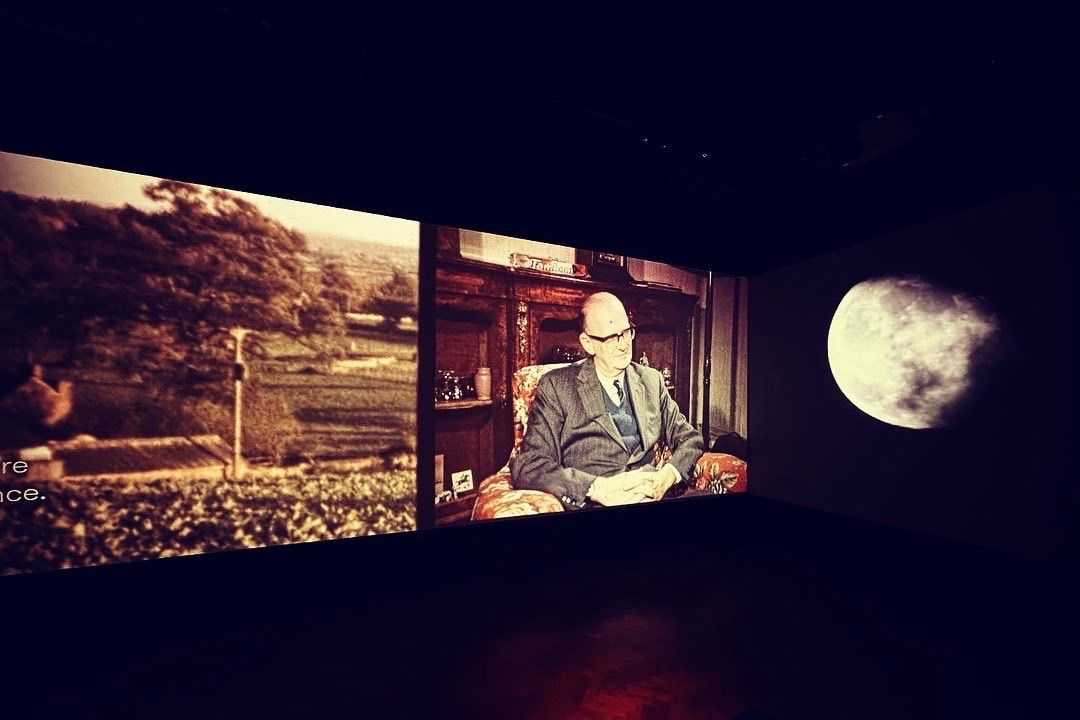
Radical Ecology: Supporting climate justice through creative practice
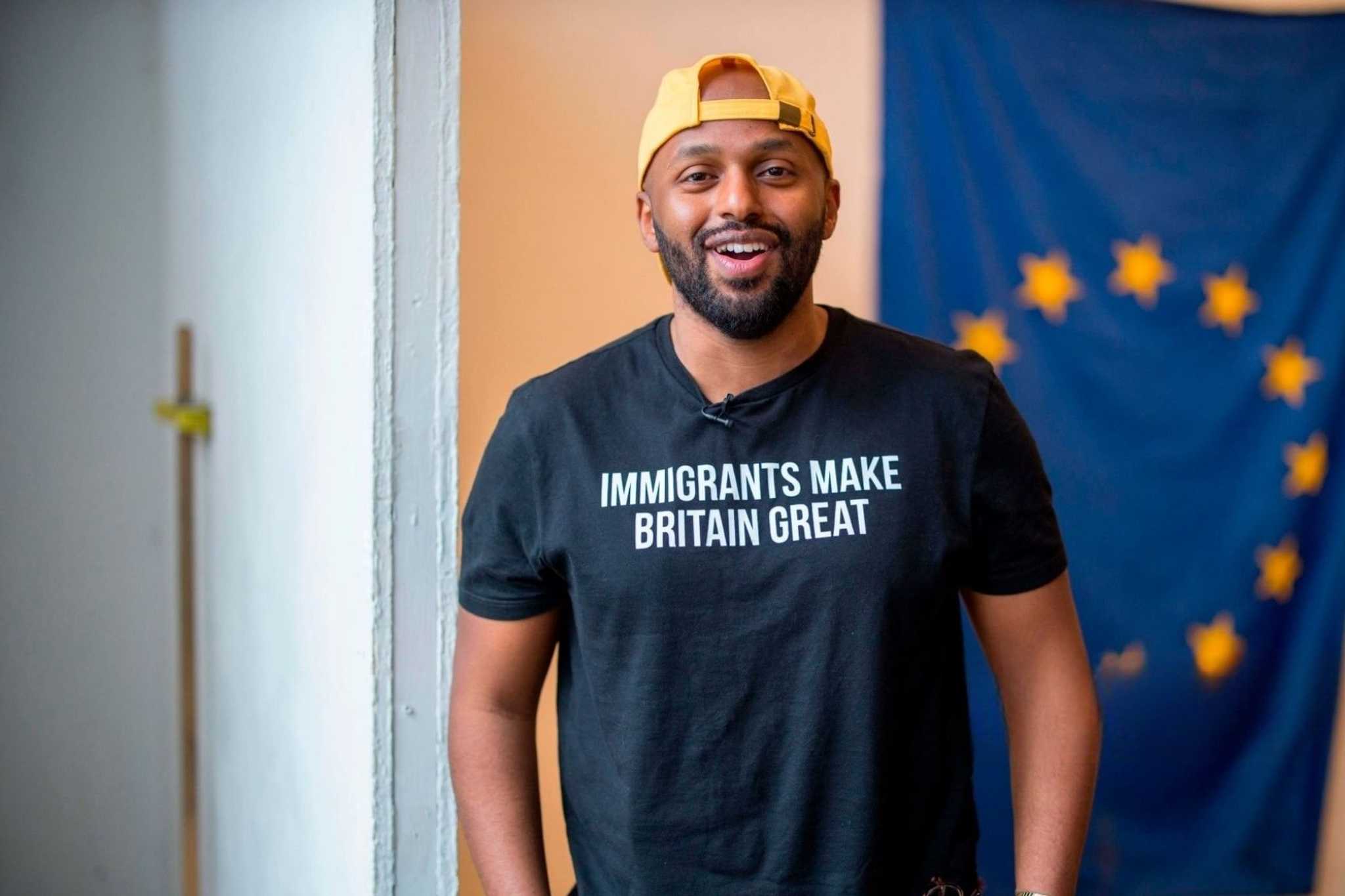
Magid Magid reflects on: Allianz Foundation Next Generations Study 2023
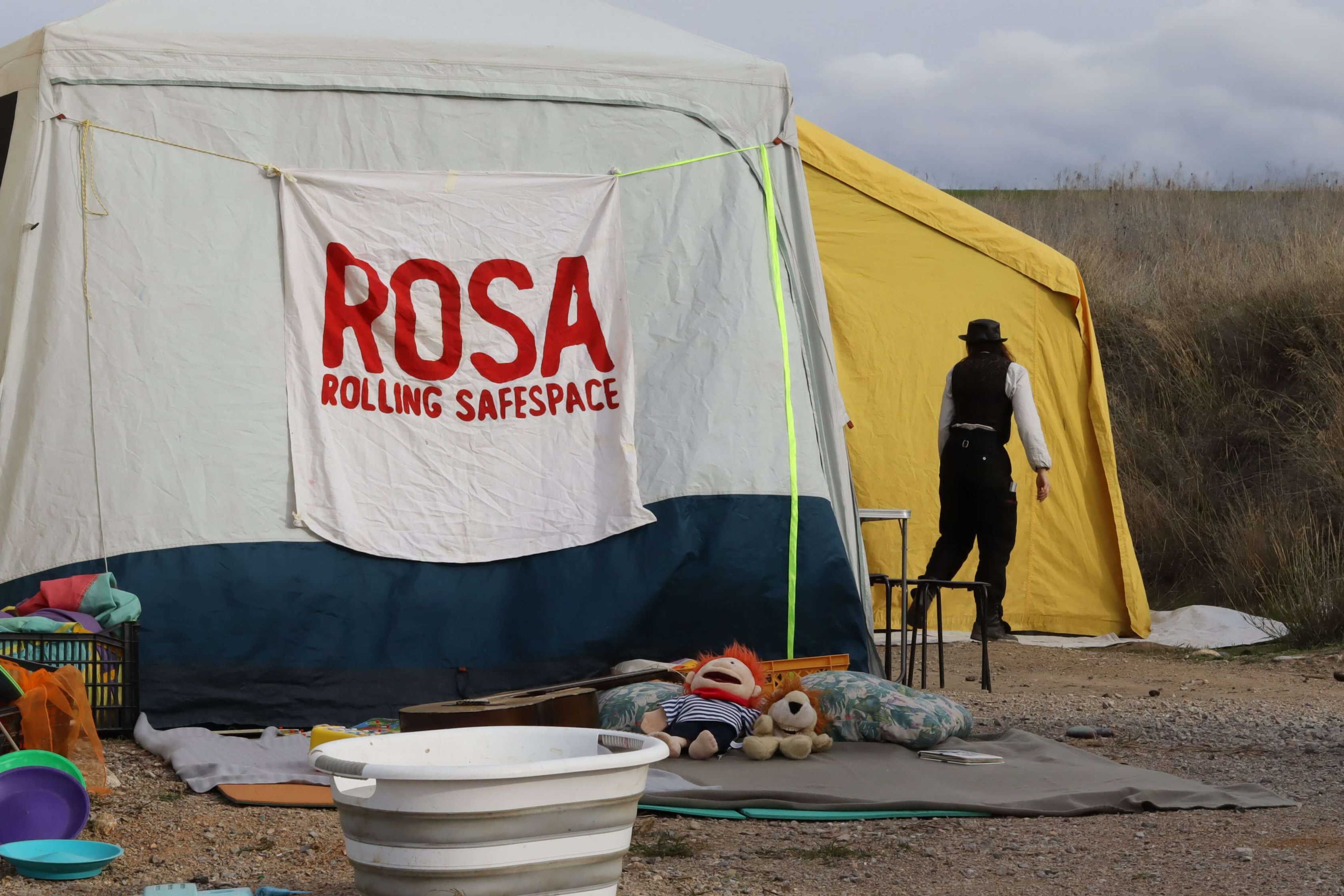
ROSA on the move: A truckload of hope for women in crisis
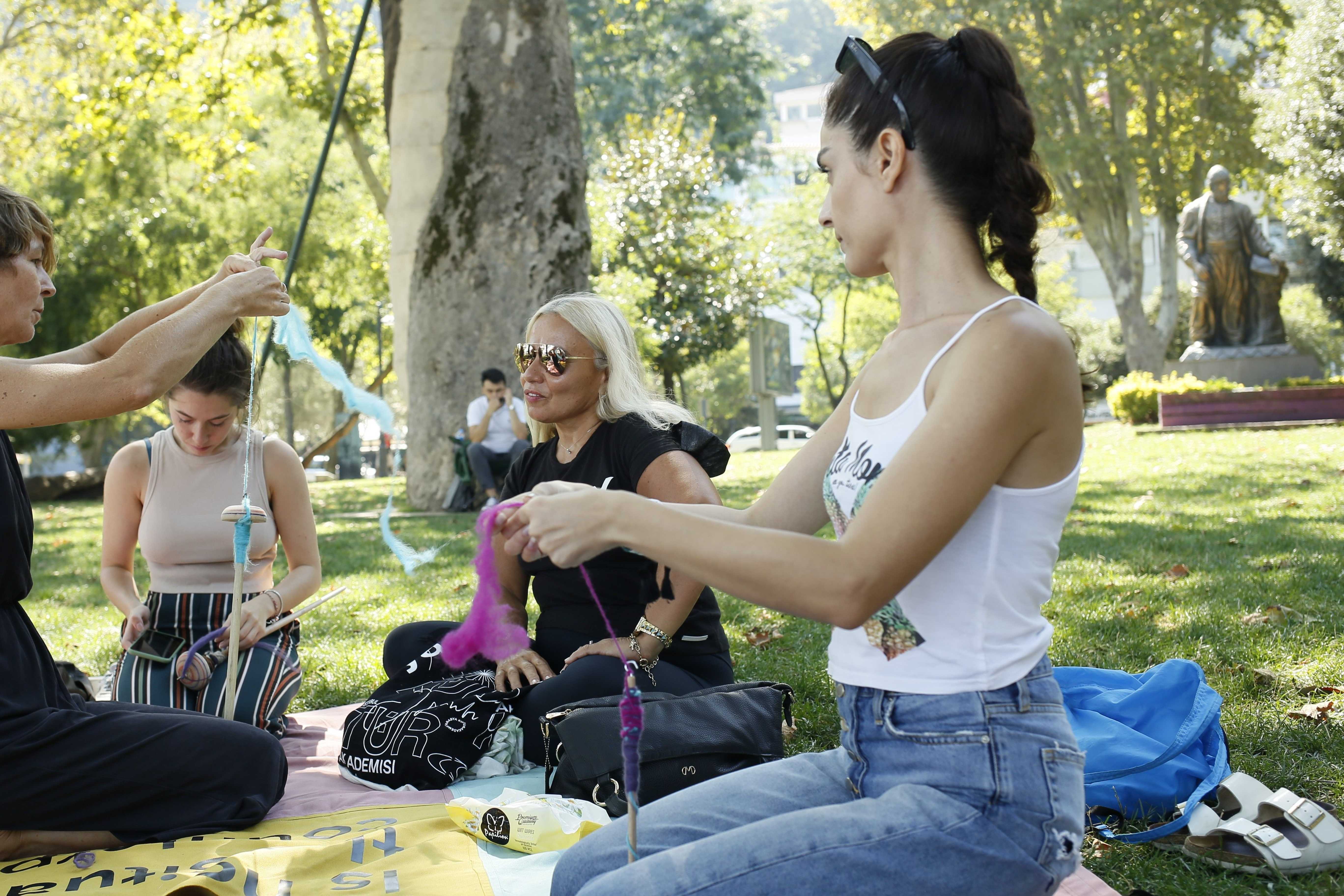
Four months in Tarabya
Meet the Allianz Foundation Fellows
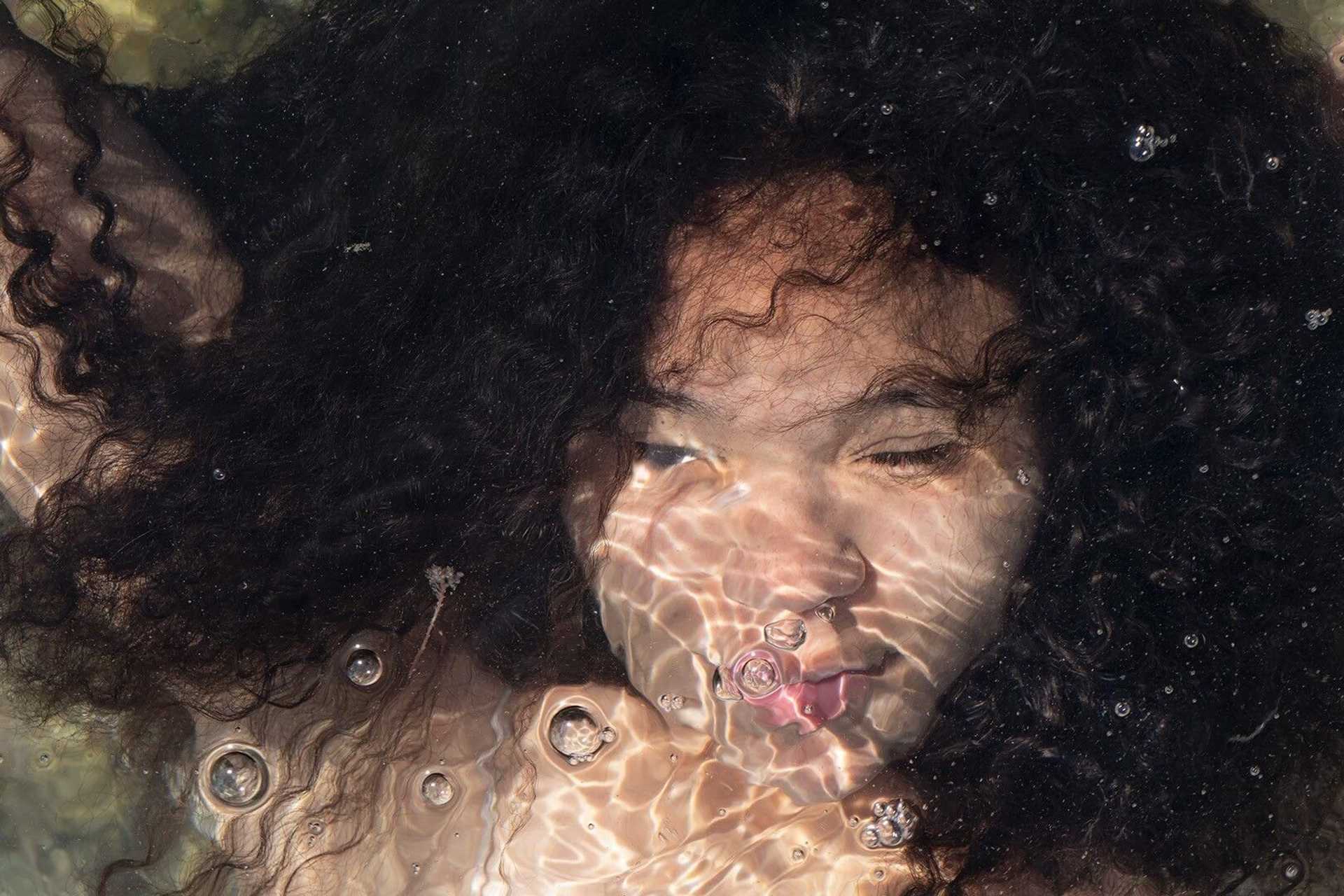
Exploring Afro-European Identities at Les Rencontres d’Arles 2024
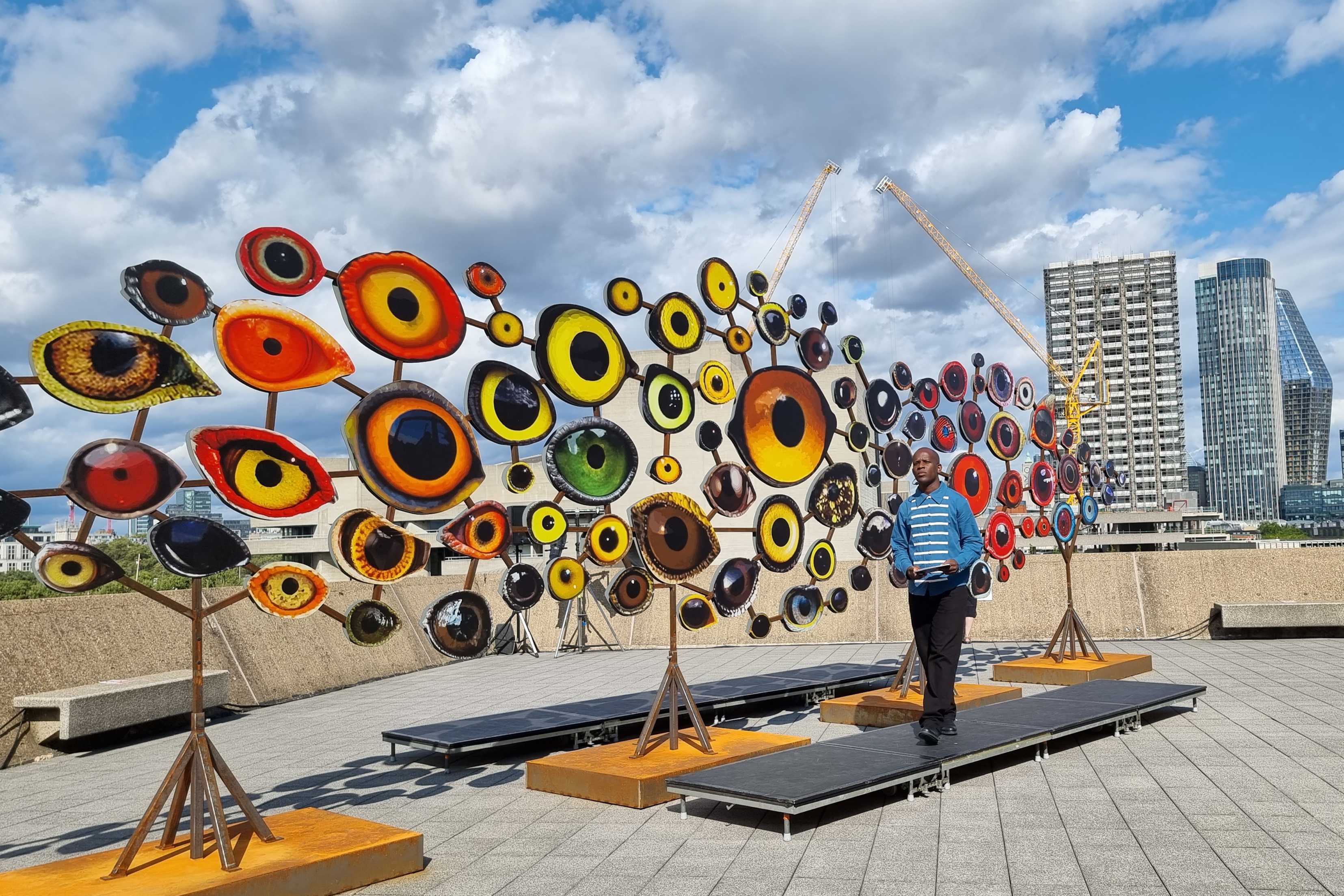
ASSEMBLED: Performance & Polling Booth of the Future
